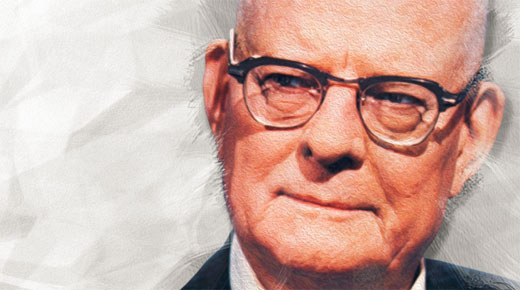When W. Edwards Deming urged managers to “institute training on the job” in his Fourteen Points for Managers, he undoubtedly meant far more than simply teaching workers how to use specific equipment or procedures involved in their work. Indeed, developing an organization’s culture demands a commitment to bringing all employees along in their learning—and this includes teaching managers how to help employees pursue continuous improvement in their work lives.
|
ADVERTISEMENT |
This approach runs counter to the traditional performance review, where workers may be rated on a scale, or measured in a simple binomial way (yes or no on a particular skill). These reviews have lost favor in recent years, replaced by attention to goals and objectives. But as Nik Kinley and Shlomo Ben-Hur point out in a recent issue of MIT Sloan Management Review, many managers acknowledge that they do not know how to change employee behavior to bring about improvement.1 Agreement on goals alone does not assure that either the employee or the manager knows how to achieve these goals.
…

Comments
Deming encouraged continuous learning
Add new comment